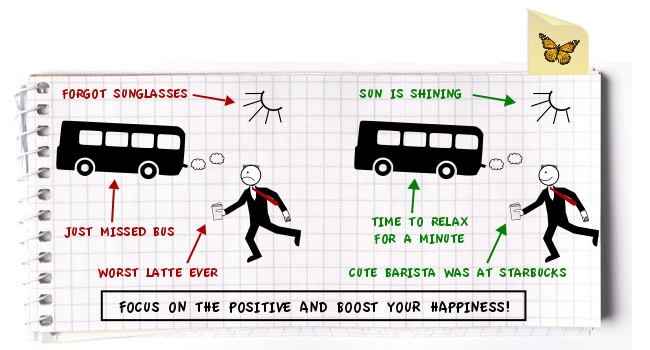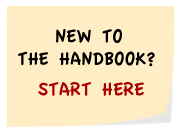Warning: file_get_contents(): php_network_getaddresses: getaddrinfo failed: Name or service not known in /www/htdocs/w00e5436/Handbook/wp-content/plugins/digg-digg/include/dd-class.php on line 1202
Warning: file_get_contents(http://feeds.delicious.com/v2/json/urlinfo/data?url=http%3A%2F%2Fhandbookofawesome.com%2F2012%2F03%2Fcount-your-blessing%2F): failed to open stream: php_network_getaddresses: getaddrinfo failed: Name or service not known in /www/htdocs/w00e5436/Handbook/wp-content/plugins/digg-digg/include/dd-class.php on line 1202
“Be grateful for luck. Pay the thunder no mind – listen to the birds.” (Eubie Blake, American musician)

Everyone knows the feeling when the world has wronged you in some inexcusable miscarriage of justice and karma. Maybe the subway doors shut right in front of you and you have to wait a whole three minutes for the next train. Maybe your favorite bagel-place across the street closed and turned into a Seven-Eleven. Maybe the soulless sadists at Amazon shipped you an iPad in a different shade of pink than you asked for (“I said salmon, not fuchsia!”). Any one of these catastrophes would be more than enough to ruin a person’s morning, if not the whole day, whereas making that train, eating a tasty bagel or getting the right iPad will barely even register. So how can you address this unfortunate imbalance?
So why do we dwell on the negative instead of celebrating the positive? As usual, one culprit could be evolution. Situations which evoke negative emotions like fear, pain or distress usually require you to act decisively and immediately, hence for survival reasons, they tend to be powerful. In the stone-age it was no use sitting back and relaxing when a saber-toothed tiger had just bitten off your arm. Positive emotions on the other hand usually don’t demand immediate action, but rather you can just bask in them.
For the past two decades, Martin Seligman has been researching ways to boost people’s happiness. In our previous post, we described how a simple gratitude letter can make people feel happier for as long as a month afterwards. Another effective technique Seligman discovered was the “Three good things”-exercise, also known as counting your blessings, which forces you to focus on the good things that happen to you. While lacking the immediate impact of the gratitude letter, the study found it did produce a more subtle and longer lasting effect, increasing happiness and decreasing depressive symptoms for up to six months after the one-week exercise.
Here are a few simple steps to help you get started:
- Every evening before going to bed, reflect on the good stuff that happened during the day. These could be things that went particularly well (e.g. knocking that presentation out of the ballpark) or things that really pleased you (e.g. the hot barista was on shift at Starbucks).
- Using a Word-document or Excel-sheet, write down the top three things for each day, as well as what caused them.
- Keep this up day after day. Tenacity is key here, since you should start seeing results in a month or so!
- Feel free to reflect upon your findings. Maybe you’ll find that you consistently rank some events as the high points of your day. Maybe it would be worth making more time for these?
- Consider making this a shared exercise with a friend, you’ll be more likely to stick to it and have someone to discuss your findings with!
If, for example, your top events for each day are the three Bloody Marys you have every morning, maybe you should consider having even more of them?









